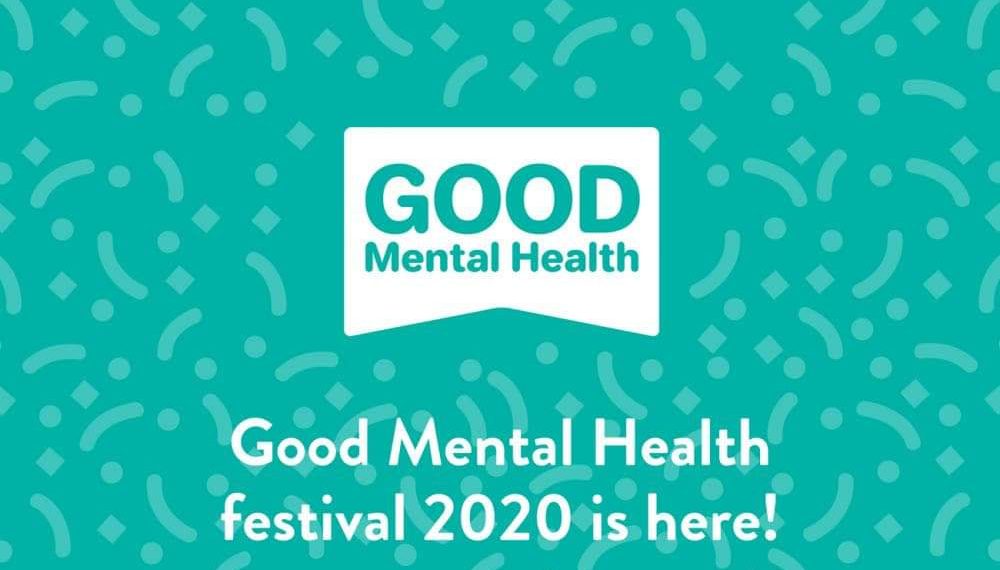Our awareness of mental health issues has grown and become increasingly broad over the years. This awareness led us to identify a variety of challenges, which were largely unknown – if not ignored – in the past.
We now have a wealth of data that shows that mental illness poses an impact on communities and people’s lives in many ways. The latest statistics from the Mental Health Foundation reveal that mental illness is responsible for 70 million working days lost, costing employers approximately £2.4 billion each year. Evidence also suggests that 12.7% of all sickness absence days in the UK can be attributed to mental health conditions.
On a more positive note, with mental health awareness also comes a desire for solutions. For instance, we now have evidence which demonstrates that better mental health support in the workplace can save UK businesses of up to £8 billion each year.
Table of Contents
Mental health in the creative industry is often ignored
Public awareness of the importance of promoting mental health in the workplace is growing – and so is the moral, societal, and business case for improving it. But despite this remarkable progress, we still largely know very little of the nature and prevalence of mental health within one particular sector: the creative industry. It can seem as though people within the creative sector simply exist to entertain us, however, there is a darker side to what really goes on behind the scenes as research has started to reveal.
Related: How Consulting Services Work in Healthcare
Sadly, behind those seemingly exciting lives, are precarious mental health issues. In a 2018 study from the Music Industry Research Association, they found that 50% of musicians have been battling symptoms of depression, compared with less than 25% of the general adult population; nearly 12 % reported having suicidal thoughts — nearly four times than the general population.
A 2019 study, carried out by the Swedish digital-distribution platform Record Union, revealed even more stark statistics: It found that 73% of independent musicians have battled stress, anxiety, and depression.
Workplace mental health should be everybody’s (show) business
While most workplaces can turn to their HR department when battling with mental illness, there is a clear need for this kind of support in the creative industry. As a result, many artists and personalities feel that they are not being supported by their own industry. It’s now time to help the creative industry to take action.
An inaugural mental health festival with a timeless message
Realizing the urgency of taking action, leading mental health companies, Calmer and Psychreg, are hosting the inaugural ‘Good Mental Health Festival’ – a one-day virtual festival of positive mental health talks, presentations, and workshops.
GMH Festival will feature a celebrated panel talk to be led by Tania Diggory, founder of Calmer. Tania shares: ‘The panel discussion aims to cultivate opportunities on how the creative sector can foster an atmosphere of acceptance so that individuals can safely and openly talk about their internal struggles, access support, and prioritize their mental health.’
Meanwhile, Dennis Relojo-Howell, founder of Psychreg, says: ‘Apart from shedding light on mental health within the creative industry, GMH Festival has also been specially designed to explore a broad range of perspectives, identifying how to nurture your mental well-being as professionals so we can thrive in our work, and all aspects of our lives.’
The virtual event will showcase world-renowned leaders in the fields of mental health, business development, psychology, and creative industries. Some of the speakers include singer-songwriter JP Cooper, Bruce Daisley ex-VP of Twitter (Europe), and stand-up comedian Joshua Robertson.
Let’s start talking more about nurturing our mental health, building our mental resilience, and bringing balance to our lives. You can book your tickets through the event’s webpage, a one-day pass ticket to the event costs £20, and can also be purchased ‘a la carte style’ at £5 per talk.
A portion of the ticket sales will be donated to the event’s charity partner, Be Kind Movement and their Kindness in Schools Programme, which was established with the aim of amplifying the power of kindness through education.

